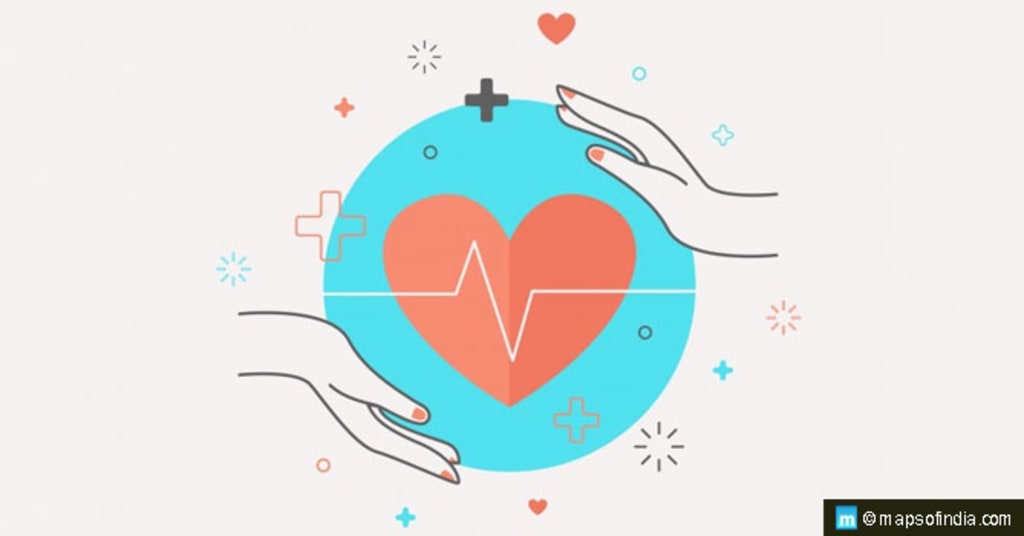
1.Preventive Care: Preventive care focuses on avoiding illness and disease before they occur. This includes regular check-ups, vaccinations, screenings, and counseling on healthy lifestyle choices such as diet, exercise, and smoking cessation. Preventive care aims to detect potential health issues early on and mitigate risks.
2.Primary Care: Primary care is the initial point of contact for individuals seeking healthcare. It involves general healthcare services provided by primary care physicians, nurse practitioners, and physician assistants. Primary care providers address a wide range of health concerns, offer routine check-ups, manage chronic conditions, and refer patients to specialists when necessary.
3.Specialty Care: Specialty care involves healthcare services provided by specialized healthcare professionals who focus on specific areas of medicine. These specialists have in-depth knowledge and expertise in their respective fields, such as cardiology, dermatology, orthopedics, or psychiatry. They diagnose and treat complex medical conditions that require specialized knowledge and advanced treatments.
4.Emergency Care: Emergency care is critical for immediate and life-threatening situations. Emergency departments in hospitals provide urgent medical attention to individuals experiencing severe injuries, acute illnesses, or medical emergencies. Emergency care aims to stabilize patients and provide necessary treatments to save lives or prevent further complications.
5.Rehabilitation Services: Rehabilitation services are aimed at helping individuals recover and regain functionality after an injury, surgery, or illness. This may include physical therapy, occupational therapy, speech therapy, and other specialized therapies tailored to the individual's needs. Rehabilitation services focus on restoring physical abilities, improving mobility, and enhancing quality of life.
6.Mental Health Services: Mental health services focus on diagnosing, treating, and supporting individuals with mental health conditions. This may involve therapy, counseling, medication management, and support groups. Mental health services aim to improve emotional well-being, manage psychiatric disorders, and promote overall mental wellness.
7.Home Health Care: Home health care involves providing medical services, monitoring, and assistance to individuals in the comfort of their own homes. This can include nursing care, medication management, wound care, and therapy services. Home health care is particularly beneficial for individuals who are recovering from surgery, managing chronic conditions, or have limited mobility.
8.Telehealth: Telehealth, or telemedicine, refers to the use of technology to provide healthcare remotely. It allows patients to consult with healthcare professionals through video calls, phone calls, or online messaging platforms. Telehealth provides convenient access to medical advice, diagnosis, and treatment, particularly in situations where in-person visits may be challenging or unnecessary.
9.Palliative Care: Palliative care focuses on improving the quality of life for individuals with serious illnesses. It aims to provide relief from pain, symptoms, and emotional stress. Palliative care teams work in collaboration with medical providers to address the physical, emotional, and spiritual needs of patients and their families.
10.Alternative and Complementary Medicine: Alternative and complementary medicine refers to healthcare approaches that fall outside the realm of conventional medicine. These practices may include acupuncture, herbal medicine, chiropractic care, naturopathy, or mind-body techniques such as meditation and yoga. Many individuals integrate these practices alongside traditional medical treatments to promote overall well-being.
11.Long-term Care: Long-term care services are designed for individuals who require assistance with daily activities due to chronic illness, disability, or aging. These services can be provided in nursing homes, assisted living facilities, or through home-based care. Long-term care focuses on supporting individuals with their personal care, medication management, and other necessary daily tasks.
12.Health Promotion and Education: Health promotion and education initiatives aim to empower individuals and communities to make informed decisions about their health. These programs provide information, resources, and support to encourage healthy behaviors, disease prevention, and health literacy. Health promotion and education can take place in various settings, including schools, workplaces, community centers, and online platforms.
Remember that healthcare practices may vary across different countries and healthcare systems. It's always important to consult with healthcare professionals or trusted sources for personalized advice and information.





Comments
There are no comments for this story
Be the first to respond and start the conversation.